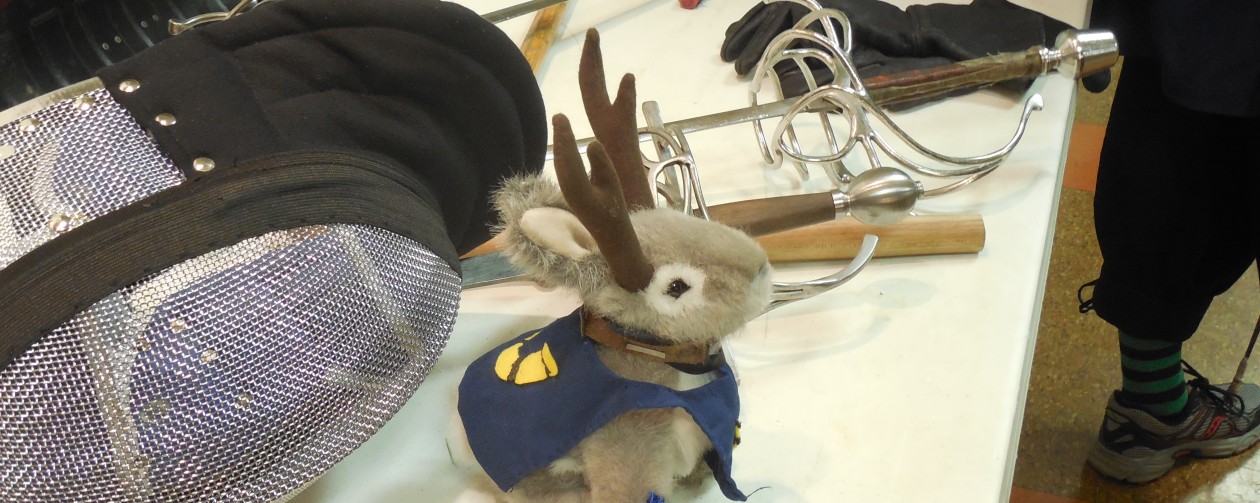Today, I am reading and commenting on Luke 6-7.
In today’s passage Luke recounts a sermon by Jesus which is very similar to the one recorded in Matthew as the Sermon on the Mount. Some people think see the differences between them as indicating contradictions between the Gospel of Luke and the Gospel of Matthew in a “Well, which way did Jesus say it? The way Luke recorded it or the way Matthew did?” I see them as two different deliveries of the same basic sermon at different places and times, much like many public speakers deliver variations on the same speech to different audiences (I’ve done it myself). I believe that Jesus delivered variations on this sermon multiple times throughout His three years of ministry. In fact, I believe that this was probably the core of most of the sermons He preached.
Now, having said all of that, let’s get to what He actually said, as recorded by Luke. Here the Beatitudes have a completely different slant. Matthew recorded, “Blessed are the poor in spirit…”, Luke records, “Blessed are the poor…” Matthew, “Blessed are those who hunger and thirst for righteousness…”, Luke, “Blessed are the hungry…”. Luke adds a series of “Woes” after his list of Beatitudes. They are the opposites of the blessings. I think the one to which we need to pay the closest attention is the last one. “Woe to you when everyone speaks well of you, for that is how their ancestors treated the false prophets.” That is a really tough one. We all want people to speak well of us, but Jesus tells us that if everyone speaks well of us, we are probably guilty of misrepresenting God’s words when we speak. From there I want to go into Luke’s account of what Jesus taught about the golden rule. The context really makes it clear what Jesus meant when He told us to do unto others as we would have them do unto us. Jesus says that right after telling us to love our enemies and to pray for those who mistreat us. You can’t get any further from this world’s take on the Golden Rule, “Do unto others as they do unto you.” No, Jesus tells us that it is even more important to do nice things to those who treat us badly. All too many of us think that being a nice person means being nice to those who are nice to us, but it’s OK to be rude to those who are rude to us. Well, Jesus tells us that if we want credit for being nice we need to be nice to those who are mean to us.
I use the daily Bible reading schedule from “The Bible.net” for my daily Bible reading.













